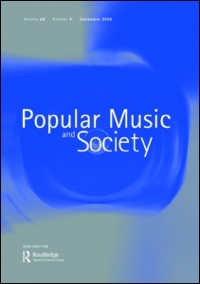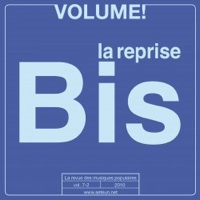Call for contributions
In recent years, the internet in general and social media in particular has fundamentally changed our media culture. The relationship between producers and consumers has shifted, creating new power relationships. Media culture has become more and more about participation, while technological developments such as ‘Facebook liking’ have further blurred the traditional distinction between fans and audiences. Fans represent the vanguard of these new developments. Insights from early fan studies on active audiences have spread to other notions of the audience. These developments call for a critical rethinking of the role and significance of fans in contemporary culture. Continue reading




